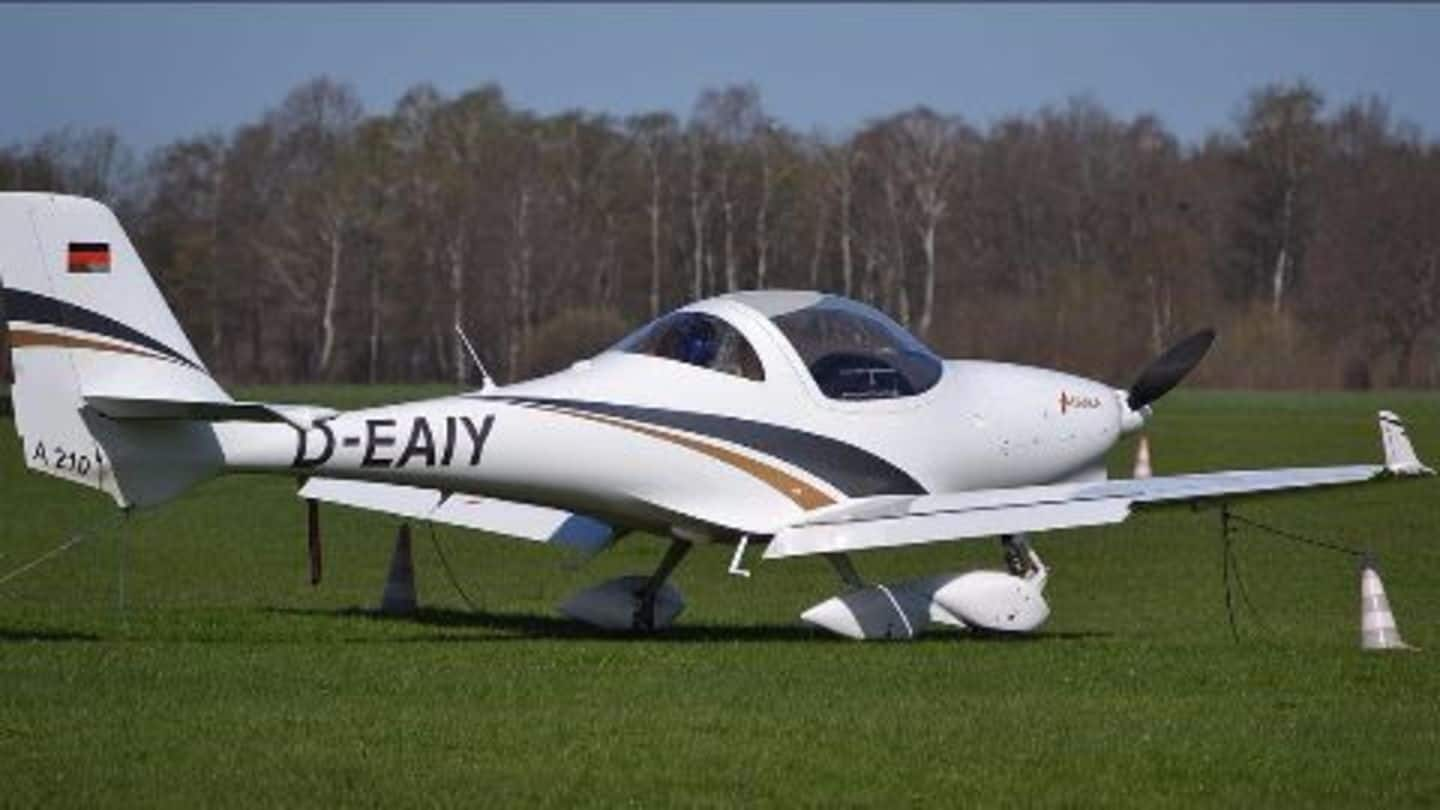
Facebook's solar powered Aquila aircraft ready to fly
What's the story
Aquila, Facebook's first full-scale aircraft launched under the internet.org initiative was fully constructed by the aerospace team in UK. Facebook's baby is a "solar-powered unmanned plane" built to shower internet connectivity from the sky. Yael Maguire, head of Facebook's Connectivity Lab said that this new aircraft architecture can stay in the air for months at a time.
Data
4.6 billion people don't have internet access!
According to Internet World stats, in June 2012, only 2.4 billion out of more than 7 billion people in the world had internet access which is about a third of the population.
20 Aug 2013
Internet.org initiative is born
Internet.org is an initiative that aimed to bring economic access to certain internet services in "less developed countries." It is being created through a partnership between Facebook, the social networking services company and 6 companies: Ericsson, Samsung, Mediatek, Nokia, Opera, Software, and Qualcomm. Internet.org aims at increasing ability and promoting the expansion of new business models around the provision of internet access.
17 Sep 2013
Facebook and partners unveil futuristic technologies
With Facebook as its leader, the internet.org released a 70-page report on how the initiative planned to move towards global internet access. Facebook and its internet.org partners also unveiled some of the innovative technologies such as Air Traffic Control, HipHop, WebP, and Supplemental Downlink that will be used to bring the internet to the billions of people still not connected to it.
24 Feb 2014
New projects unveiled by internet.org
On 24 February 2014, Zuckerberg unveiled some of internet.org's new projects before a keynote presentation at the Mobile World Congress in Barcelona. One was an education partnership in Rwanda called SocialEDU with local carrier AirTel, edX, the government in Rwanda and Nokia. Another project was started by Unilever in India. Ericsson's new internet.org Innovation Lab was established with its headquarters in Menlo Park.
27 Mar 2014
Internet.org's connectivity lab is launched
Facebook launched its Connectivity Lab acquired from Ascenta which will aim to bring the internet to everybody through drones. The Connectivity Lab will also use low-earth orbit and geosynchronous satellites other than drones to establish internet connectivity. All three systems will use the free space optics (FSO) technology where "the signal is sent in a compact bundle of infrared light".
16 Apr 2015
Indian start-ups pull out of internet.org
Facebook's ambitious plan to connect the developing world to the internet faced criticism from Indian tech companies who pulled out on the grounds that it violated Net Neutrality. The start-ups that withdrew their support were Cleartrip, NDTV, Newshunt and the Times Group. These start-ups argued that users in India connecting via the official internet.org app got access only to 38 websites.
Do you know?
$1 million contest at the launch of Internet.org
On 9 October 2014 at the first Internet.org summit in New Delhi, Zuckerberg announced a contest with a $1 million prize for the app that would popularize the internet among Indians and help them understand its usefulness.
4 May 2015
Internet.org's platform an answer to net-neutrality debate
As a response to concerns raised over net neutrality, Facebook launched the internet.org platform, an open program where developers design services under internet.org. The 3 criteria to be met by the participating websites were: the entire internet must be used; data usage efficiency and technical specifications so that it can be used from smartphones as well as less sophisticated cellphones.